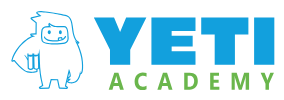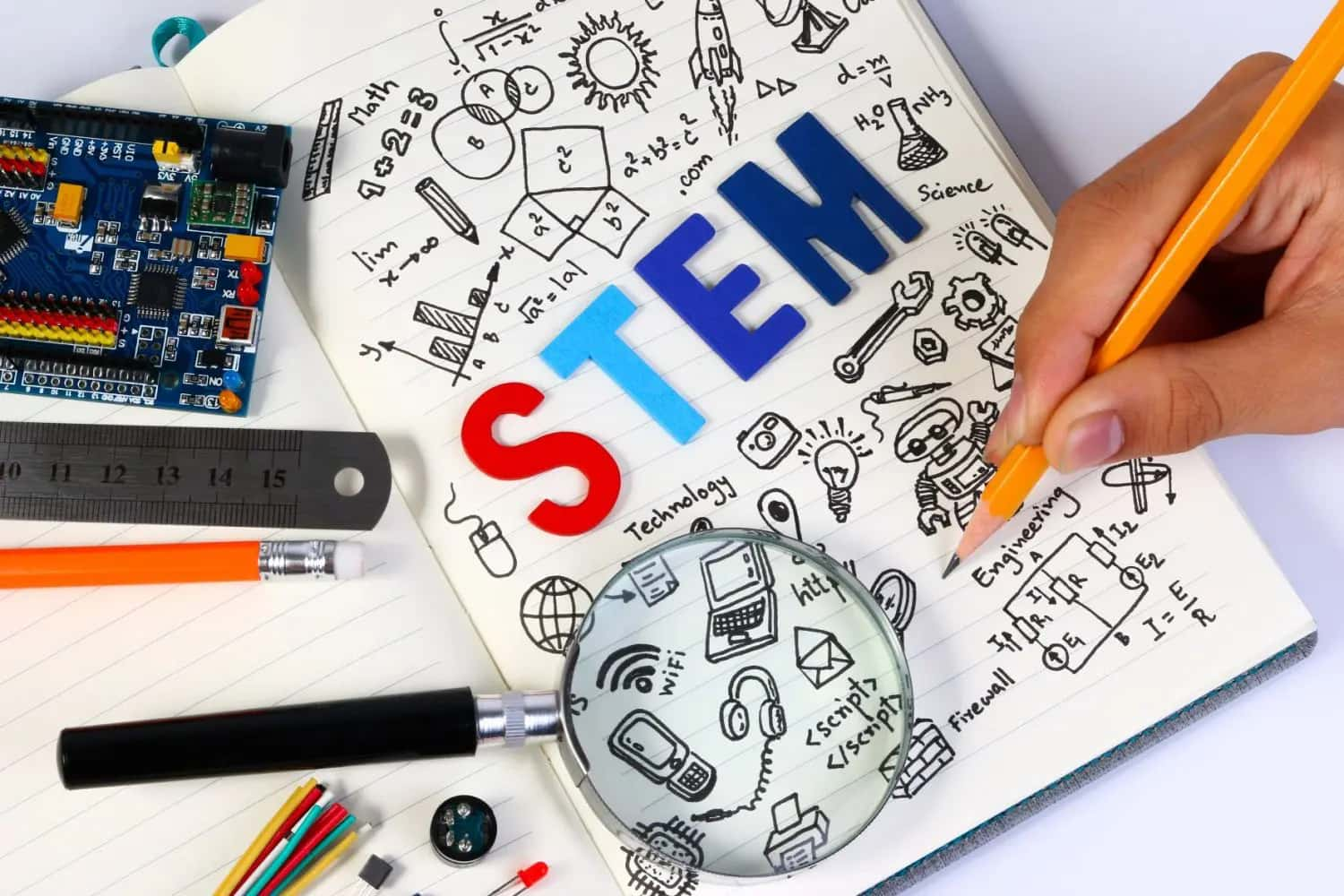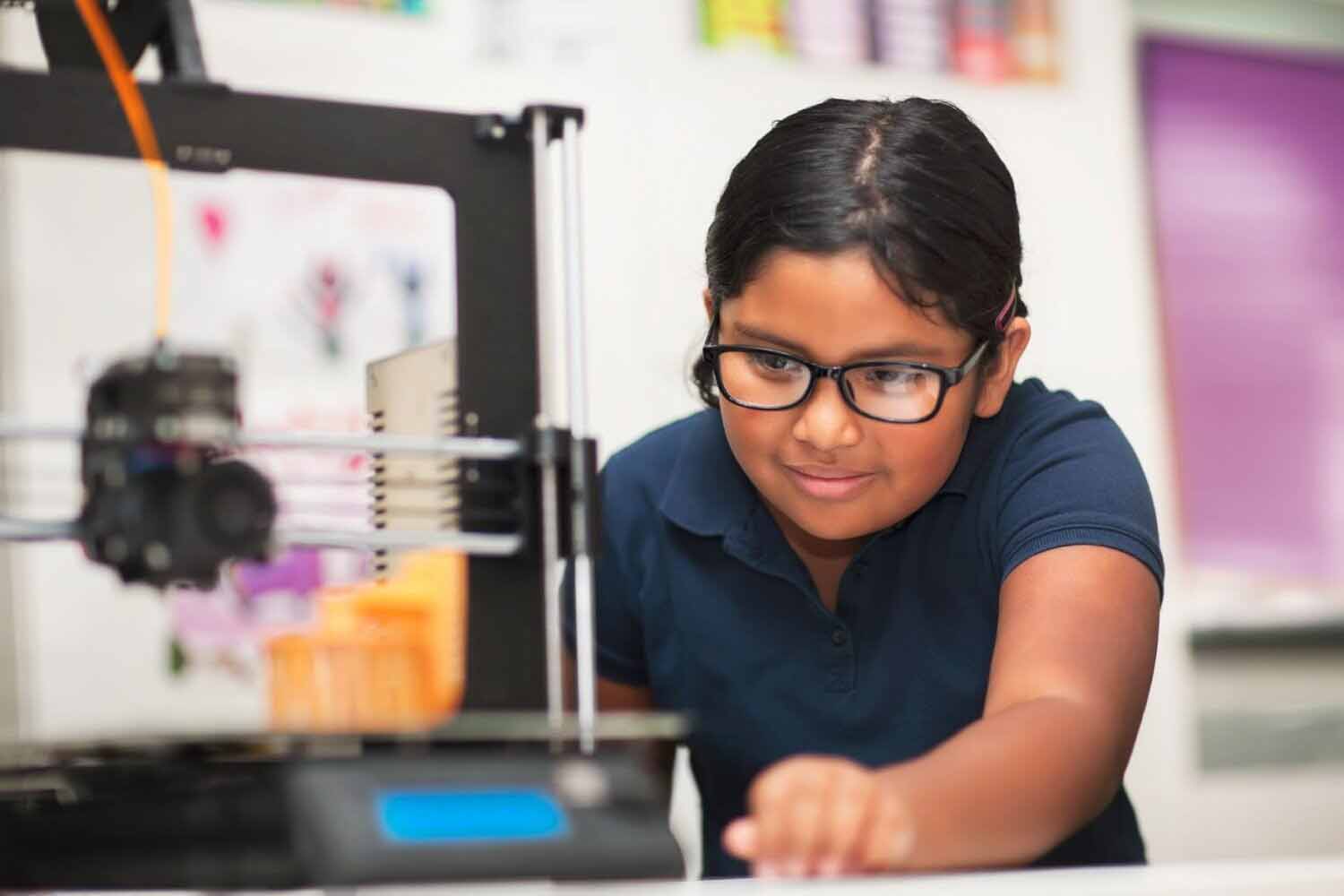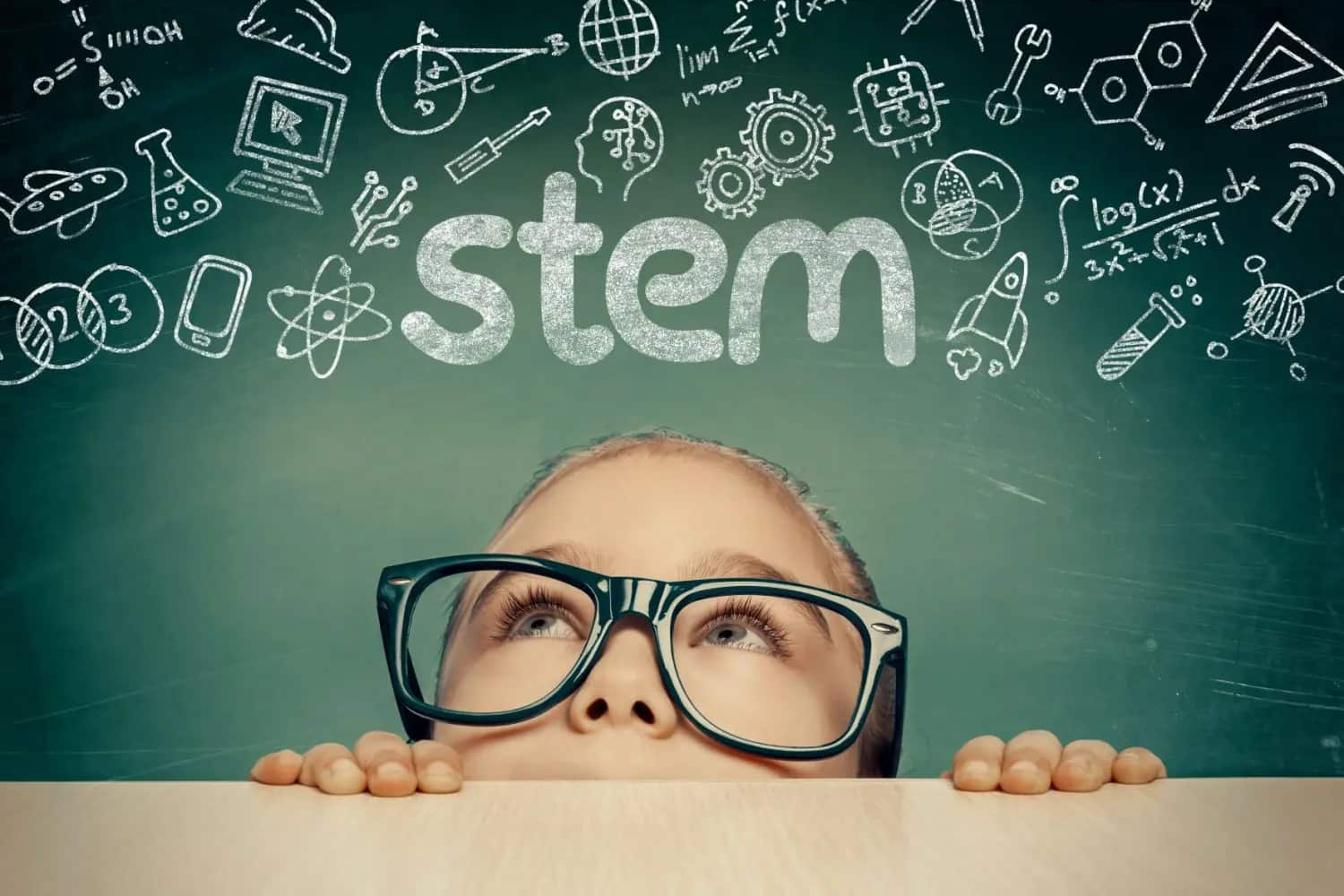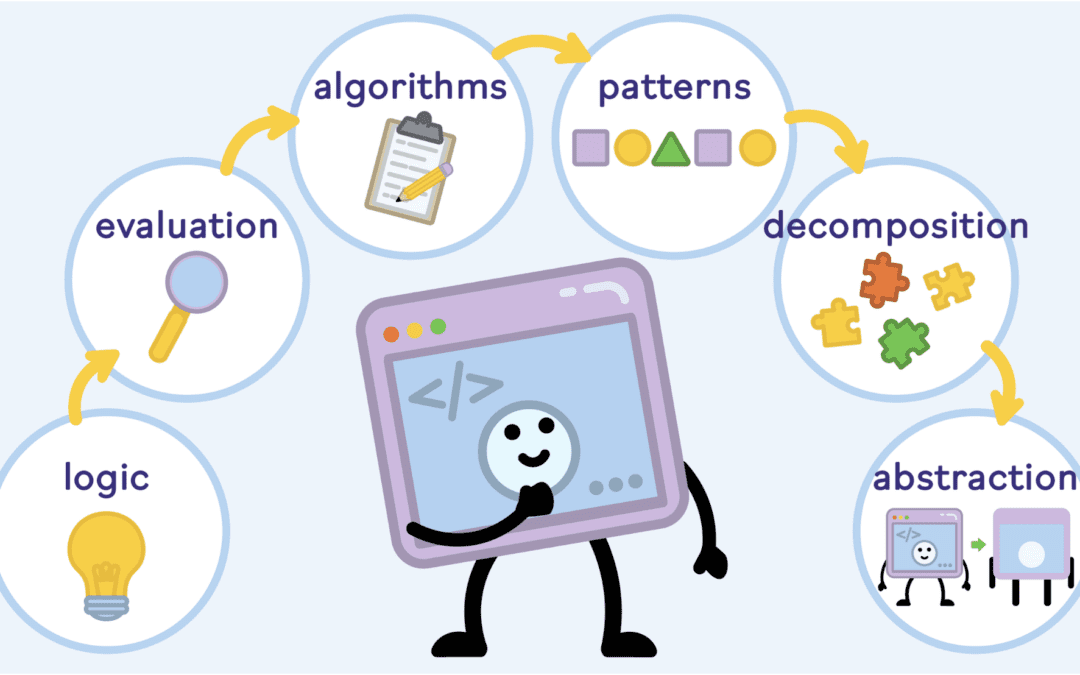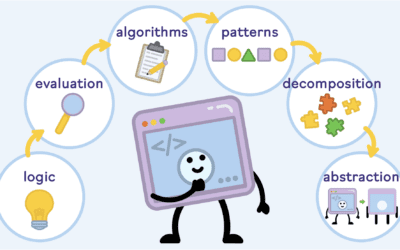It seems like everyone is chattering nonstop about STEM education. We see countless articles about the importance of STEM shared on social media every day. Politicians worry about the state of our STEM education and workforce, and some parents worry about how they can give their kids a leg up in a tech-dominated world. There are STEM after-school clubs, STEM curriculum plans, STEM summer camps, and even STEM-focused elementary schools popping up in some parts of the country.
Most of us can see the value of STEM education at, say, the college level, but many parents and even educators might question whether it’s necessary in elementary schools. You might wonder if children should be spending more time on basics like writing, social studies, and the arts.
While it’s true that many schools could do more to teach those subjects, STEM learning vs. the traditional school subjects is a false dichotomy. You don’t have to take away from language or arts learning to give students the benefits of STEM education.
What is STEM at the Elementary School Level, Anyway?
You may already know that STEM stands for science, technology, engineering, and math. What you may not know is that STEM education isn’t just about adding some tech and engineering lessons onto the curriculum. This approach to education brings all of these subjects together into meaningful projects that mirror real life.
STEM education for elementary students covers basic math, science, and tech concepts. It also lets students practice problem-solving with simple science and engineering projects. As students explore the world and learn how things work, they develop critical thinking skills that will help them throughout their lives.
Many STEM projects are the same kinds of projects students have been doing for decades under different names. For example, a STEM curriculum might include a combination of basic science experiments, math problems based on real-world applications, building structures with toothpicks and marshmallows, and similar activities. To some degree, schools have just rebranded this type of education to be under the STEM umbrella.
Other STEM activities may be less familiar to older generations, like coding and digital literacy skills. These activities still teach students valuable life lessons, though. Coding just happens to be an excellent way to teach students critical thinking, problem-solving, resilience, and certain types of math, among other things. And digital literacy, especially the parts about how to stay safe online, has become essential learning in a world where many children are constantly exposed to technology.
In the best school curriculums, STEM is often integrated with other subjects. Reporting on a science experiment might give students an opportunity to practice writing. Similarly, a coding or engineering project might include opportunities for digital art and other forms of creativity. Digital literacy lessons often involve projects that intersect with other learning areas, especially social studies and writing.
Why is STEM Important in Elementary School?
STEM education looks different for elementary students than it does for college, high school, or even middle school students. While elementary students might work on simple engineering design projects or learn to code, the main goal is not to prepare them to become professional engineers, although more students may become interested in those careers as a result.
Instead, an elementary STEM curriculum aims to help students develop basic skills that apply to many parts of life, not just technology and engineering careers. STEM projects provide unique opportunities for students to practice critical thinking, problem solving, and collaboration, among other skills.
Like other parts of elementary education, STEM is intended to give students a solid foundation for future learning. It teaches them about the world around them and gives them hands-on learning opportunities where they can practice important skills for life.
These are just a few of the widely applicable skills that STEM education develops:
- Critical thinking
- Teamwork
- Creative problem solving
- Project management
- Innovative thinking
- An understanding of the scientific method
- Confidence that stems from achievement
We don’t teach writing and reading to prepare students to become professional writers or literature professors, although many educators would be happy to see their students grow up to succeed in those fields. We teach those subjects to give students basic literacy, thinking, and learning skills that will help with many areas of their lives.
Similarly, we don’t solely teach STEM to prepare students for STEM careers, even if we hope some of our students will grow up to succeed in those fields. We teach STEM to help students learn to work together, think, and solve complex problems.
It’s hard to predict what today’s students will need to do as adults. The great thing about STEM education is that it equips students with broad skills that can help with almost anything they decide to do, both in the workforce and in their personal lives. We all have to solve challenging problems, use technology, work together with other people, and think creatively at times. STEM education is well-suited to teaching these skills.
A Learning Model for the Future
STEM isn’t just a buzzword or a type of specialized career preparation. It’s a type of education that develops essential skills for the 21st century, regardless of what students go on to do as adults.
When a student successfully codes a simple computer program for the first time, or works together with their peers to build a tall toothpick-and-marshmallow tower that stands up on its own, they aren’t just building skills for a potential future career. They’re practicing problem solving, trial and error, creativity, and collaboration. They’re learning a mindset that enables them to face challenges.
Above all, they’re learning the thinking skills to create a better future.
About Yeti Academy
Yeti Academy’s all-inclusive digital STEM modules can take your school’s STEM education to the next level. Our curriculum is designed to help students and teachers alike transition seamlessly between the classroom and home.
Each of our interactive modules provides a variety of engaging, multimodal learning experiences. We include all of the course resources teachers need to teach each course, hands-on and group activities, gamified learning exercises, texts, assessments, and extra enrichment opportunities like projects or presentation opportunities in each lesson. Sign up for a free account to see how Yeti could add to your school’s STEM program.
